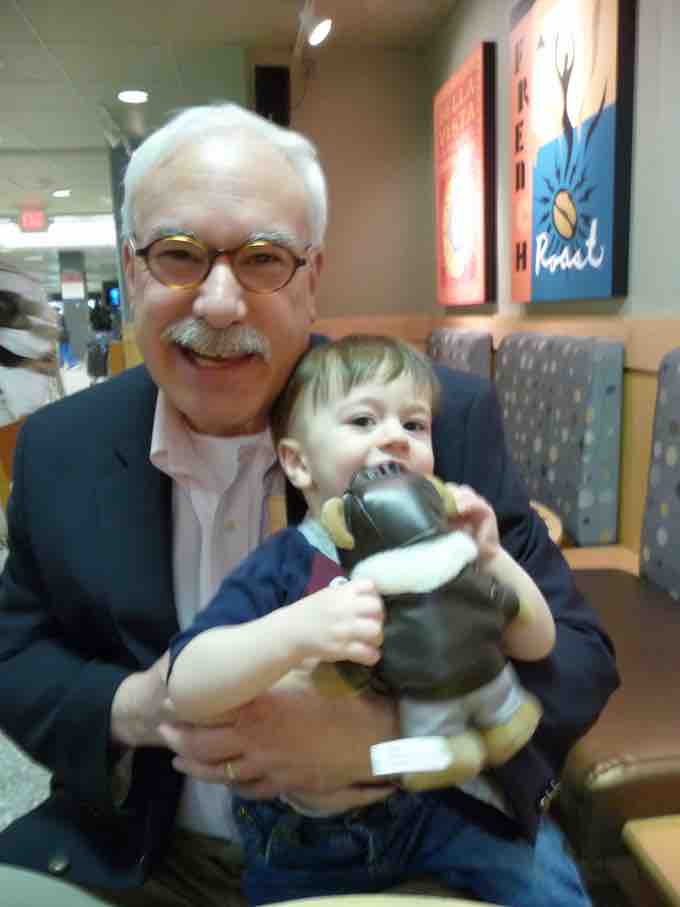Socialization refers to the lifelong process of inheriting and disseminating norms, customs and ideologies that provide an individual with the skills necessary for participating within society. Socialization is a process that continues throughout an individual's life. Some social scientists say socialization represents the process of learning throughout life and is a central influence on the behavior, beliefs and actions of adults as well as of children.
George Herbert Mead (1902–1994) developed the concept of self as developed with social experience. Since social experience is the exchange of symbols, people find meaning in every action, and seeking meaning leads people to imagine the intention of others from the others' point of view. In effect, others are a mirror in which we can see ourselves. Charles Horton Cooley (1902-1983) coined the term "looking glass self;" the self-image based on how we think others see us. According to Mead, the key to developing the self is learning to take the role of the other. With limited social experience, infants can only develop a sense of identity through imitation. Children gradually learn to take the roles of several others. The final stage is the generalized other; the widespread cultural norms and values we use as a reference for evaluating others.
Primary and Secondary Socialization
The socialization process can be divided into primary and secondary socialization. Primary socialization occurs when a child learns the attitudes, values and actions appropriate to individuals as members of a particular culture. This is mainly influenced by the immediate family and friends. Secondary socialization is the process of learning what is the appropriate behavior as a member of a smaller group within the larger society. It is the behavioral patterns reinforced by socializing agents of society like schools and workplaces. For example, as new employees become socialized in an organization, they learn about its history, values, jargon, culture and procedures.
The Life Course Approach
The life course approach was developed in the 1960s for analyzing people's lives within structural, social and cultural contexts. Origins of this approach can be traced to such pioneering studies as Thomas's and Znaniecki's "The Polish Peasant in Europe and America" from the 1920s or Mannheim's essay on the "Problem of generations. " The life course approach examines an individual's life history and how early events influence future decisions.

Life Course Approach
The life course approach studies the impact that sociocultural contexts have on an individual's development, from infancy until old age.